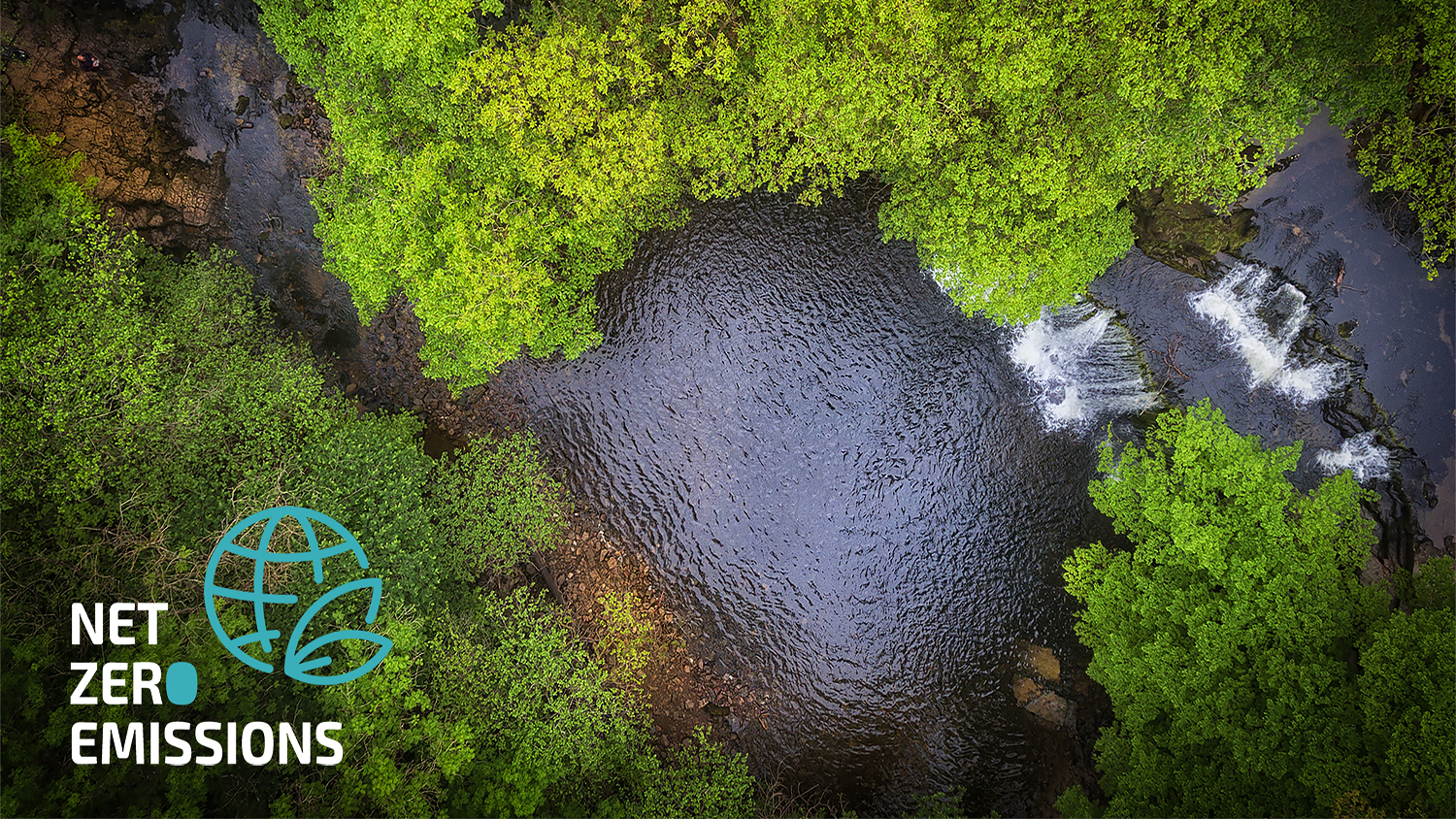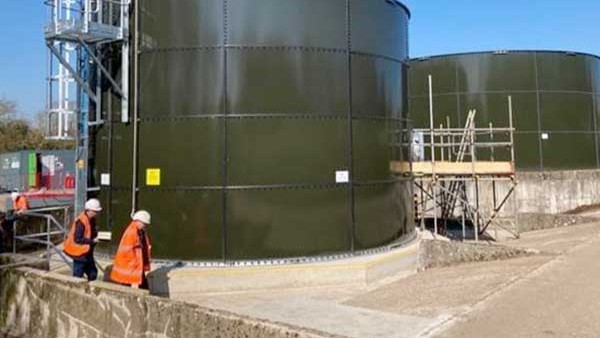One of the UK’s leading geospatial technology companies is scaling up its data-led asset management support for major utility and infrastructure organisations, helping to minimise their environmental impact.
MGISS works with clients such as Northumbrian Water Group, Severn Trent Water and the National Trust, replacing traditional environmental surveying methods with GIS-based solutions, increasing both time efficiencies and the quality of data capture.
The firm provides forward-thinking solutions to the utilities, environment and infrastructure sectors, supporting clients to future-proof their assets, avoid sector disruption, and reduce emissions and minimise waste in their operations.
While manually locating the exact position of buried assets, such as water mains pipes, can be a costly and time-consuming process for organisations, it can also result in significant carbon emissions due to the need for tools and vehicles for excavation.
By turning spatial data into actionable intelligence, MGISS supports organisations to mitigate their negative impacts on the planet and to reduce the risk of environmental hazards to people and livelihoods.
A recent infrastructure project with Surrey County Council to capture highway boundaries saw MGISS’s geospatial solution deliver a 50% reduction in physical resources, as well as a cutback in vehicle usage due to the reduced need for travelling to sites.
Now, through a partnership with ECO-I North West, part of Liverpool John Moores University’s Industry Innovation Zone, MGISS is developing plans to maximise the potential of its geospatial solutions in reducing carbon emissions.
Last month, the firm announced a new two-year collaboration with the European Space Agency (ESA), providing cutting-edge solutions to detect changes to the built environment caused by third-party interference.
The IPAS (Interruption Prevention Alert Service) project is estimated to significantly reduce the 300,000 tonnes of carbon which is generated annually through disruptions to UK water utility networks.
MGISS has also agreed a partnership with Trees for Life, a multi-award-winning conservation charity reintroducing wildlife to the Scottish Highlands. MGISS will be training the team in all aspects of GNSS and how to utilise geospatial data for asset management purposes.
“For many years, we’ve supported our customers to become more sustainable by increasing the efficiency of their operations,” said Michael Darracott, Managing Director at MGISS.
“But by quantifying these actions and providing transparency on carbon emissions data, we can continue to develop our expertise in this space, deliver meaningful value to our customers and help protect our most valuable asset: the planet.”
With the Government’s ambitious target to reduce carbon emissions by 78% by 2035 and reach net-zero by 2050, smart and data-driven solutions are required to minimise negative impacts on the environment and help organisations generate carbon savings.
MGISS are continuously developing their solutions with a focus on environmental impact, with the aim to be recognised as the market leader of sustainable solutions in the geospatial technology market.
Alongside its sustainable solutions for clients, team members at MGISS have taken steps to reduce their carbon footprint by travelling by train, by foot or taking part in the Octopus Electric Dreams EV Salary Sacrifice scheme.



